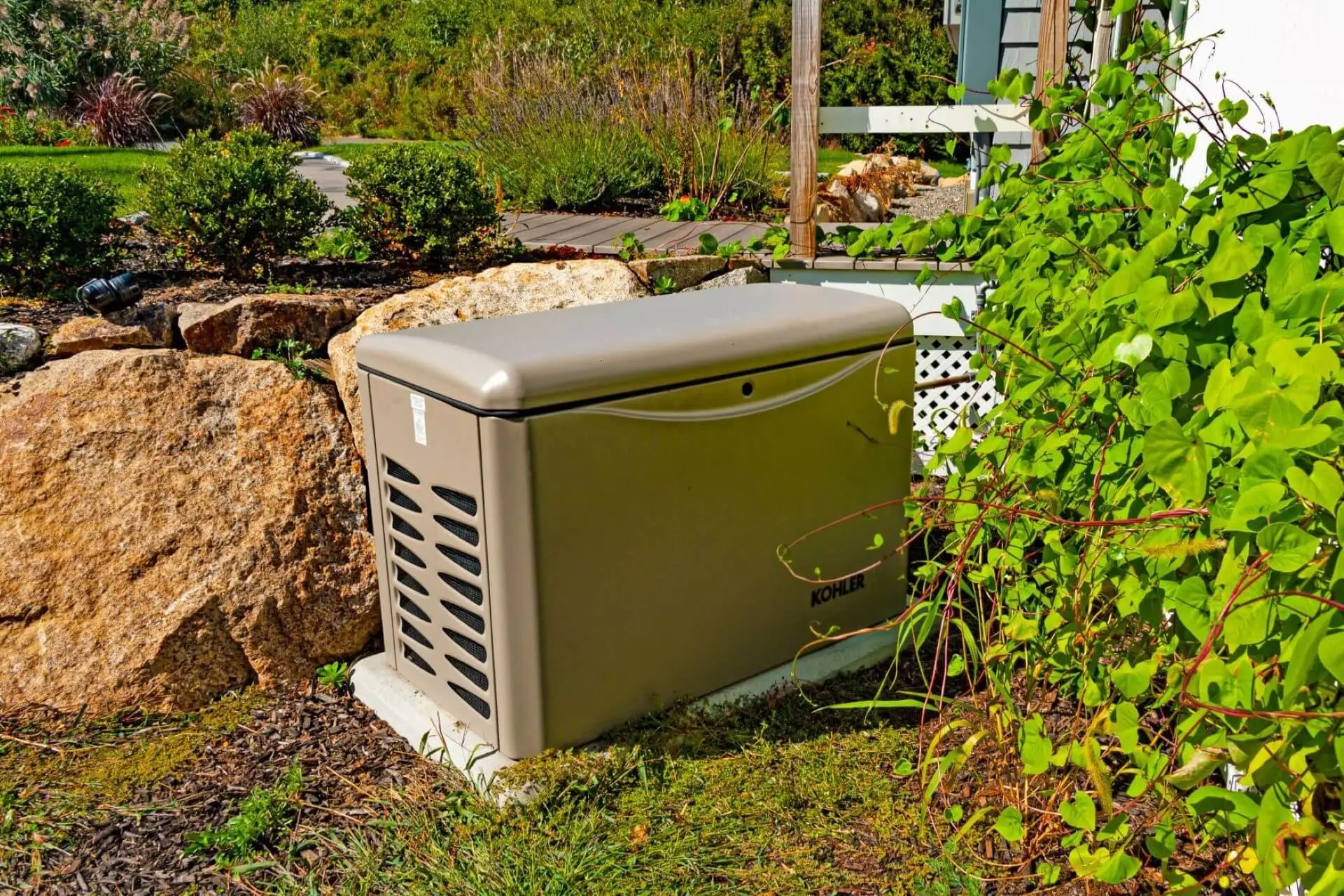Every year, Texas homeowners face extreme winter weather events that increase the risk of short and long-term electrical outages. A backup generator for your home isn’t just a convenience, it’s essential to energy independence and safety.
In February 2021, Winter Storm Uri moved into Dallas-Fort Worth. Temperatures plunged to below freezing and stayed there for days. This increased power usage across the metroplex to the point that ERCOT, the state entity that manages our grid, cut off electricity to thousands of homes.
The same scenario played out in 2022 with Winter Storm Elliot.¹ We’ve had 264 major power outages since 2000.²
Power outages have severe consequences.
When the power goes out for even a short period of time, property damage and health issues are very real dangers. That’s because extended loss of power can have disastrous consequences for the following:
- Security Systems
- Food Refrigeration
- Air Conditioning
- Medical Equipment (such as a CPAP machine)
Without a backup generator at home, you and your family could be vulnerable to a litany of serious risks.
Consider these two questions when deciding if you need a backup generator for your home.
Hurricanes, tornadoes, severe thunderstorms, ice storms, and severe heat are weather events affect all parts of Texas but may affect some areas more acutely than others. Consider the following two questions:
- Do you live in an area that is directly affected by two or more of these weather events?
- Have you experienced an electrical outage in the past?
Homeowners who face an elevated risk of an outage, even rarely, should consider investing in a backup generator.
A generator keeps the lights on. Just as important, it prevents food from spoiling and keeps your hot water tank operating normally. Backup power can also keep your HVAC system running for cool in the summer and heat in the winter.
The same goes for homes with many appliances.
When I say appliances, I also mean medical equipment. I already mentioned CPAP machines, but we also rely on electricity for dialysis machines and for charging mobility devices. For many, keeping these powered is very serious.
Even if you don’t use medical equipment at home, a backup generator matters. Count up all the appliances you use on a daily basis: If you have things like a security system, sump pump, or electrically powered garage door, a generator is worth the investment.
A standby generator is better than a portable generator.
There are two basic kinds of generators: standby and portable.
Portable generators are mobile units that need to be manually fueled and operated every time they’re used. They also have a lower power output.
Standby generators are permanently installed in your home. Because they’re connected directly to your power system, they can start running as soon as you lose power.
Most importantly, standby generators have a high power output—usually enough to power an entire home. They’re more expensive, but the cost is worth it.
Standby generators are safer.
One last factor to consider when deciding between a standby and portable generator is that a standby generator is safer. First, it doesn’t release carbon monoxide. Second, the wiring is less complex, increasing reliability.
Go with the safer option. Get a standby generator.
Contact Trinity Stone Construction today for a custom generator installation.
So, you’ve decided to get a backup generator for your home. Give us a call. Our North Texas-based company offers custom generator installations.
Click here to talk to an expert at Trinity Stone Construction today.
– Carlo Menchaca, Owner
Trinity Stone Construction Group
References
- December 2022 ERCOT Cold Weather Operations Report (PUBLIC): Winter Storm Elliott Public Report [Internet]. 2023. Available from: https://www.ercot.com/files/docs/2023/03/27/December-2022-Cold-Weather-Operations-Public-Report.pdf
- Number of power outages by key U.S. state 2017 [Internet]. Statista. Available from: https://www.statista.com/statistics/1078354/electricity-blackouts-by-state/



